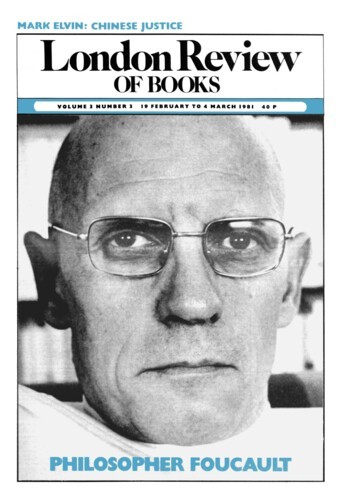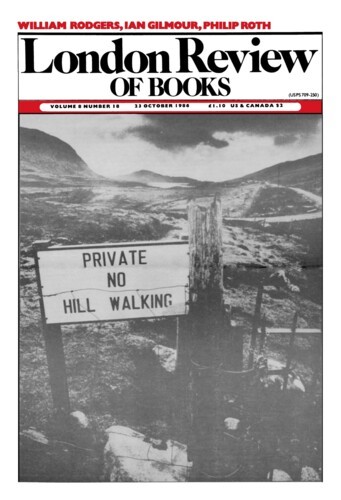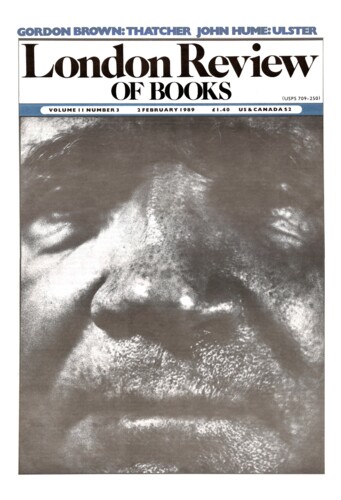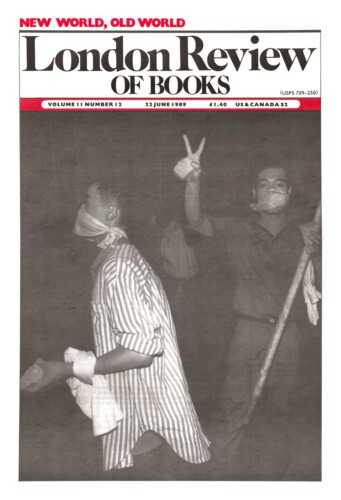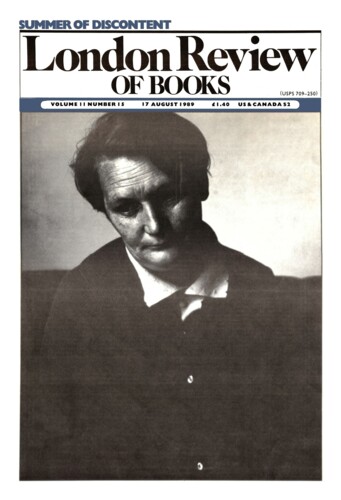Big Acts
Ross McKibbin, 19 February 1981
The Doctors Morgan had the happy idea of converting Jane Morgan’s doctoral thesis on the career of Christopher Addison into a book and the result is this important and sympathetic biography. As they point out in their preface, he has hitherto had no worthwhile study; R. J. Minney’s biography is, they rightly note, ‘very unsatisfactory’ and drawn from a narrow range of sources. The opening of Cabinet and department records and the depositing of Addison’s bulky papers in the Bodleian Library made the writing of a new biography desirable and inevitable; further, given their formidable combined expertise, it was probably desirable and inevitable that it should be written by Kenneth and Jane Morgan.
